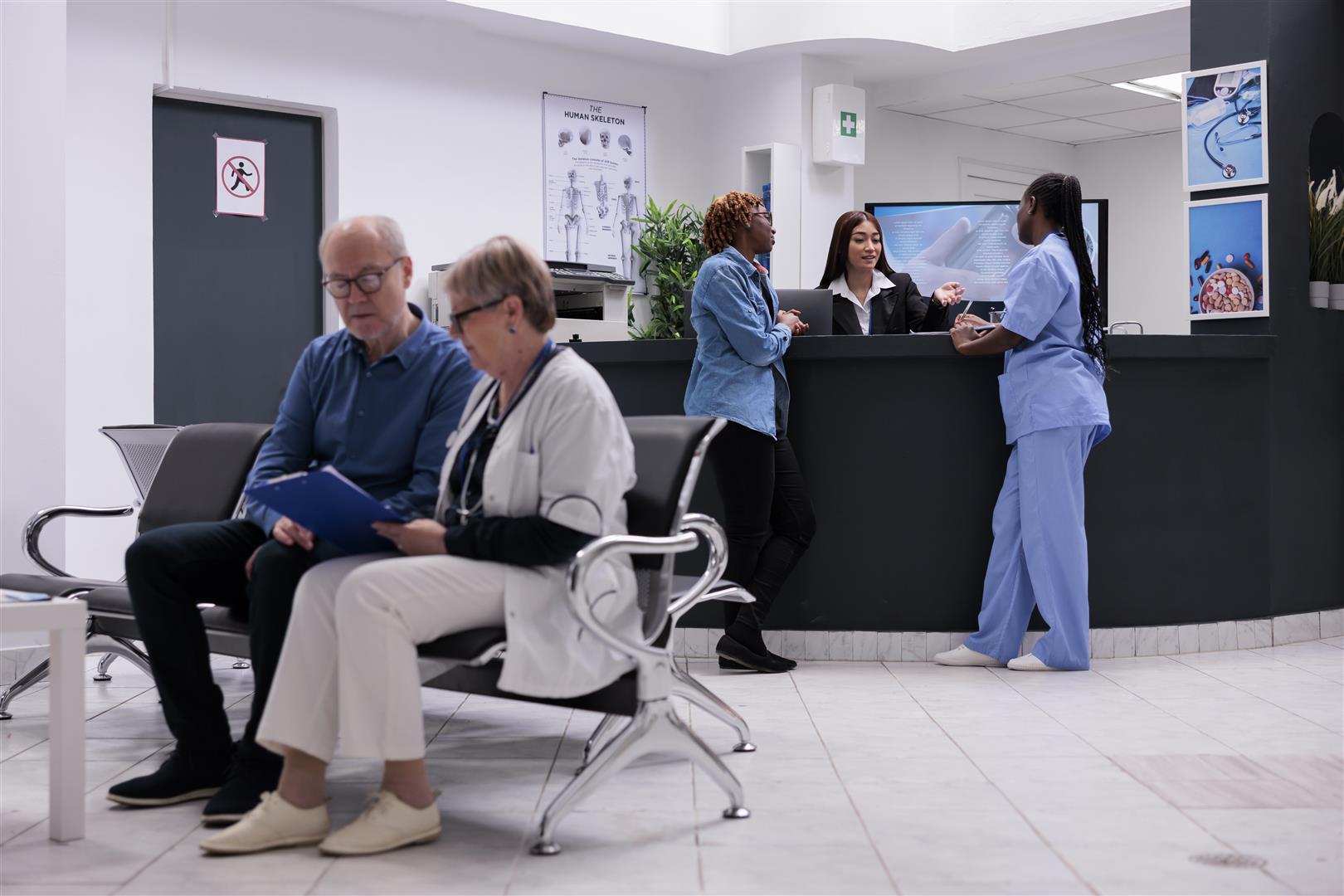
To become Thailand Medical Hub, continuous development and improvement is essential which can be achieved through increasing competitiveness in the provision of health services and developing medical services. There are 4 aspects of medical service development as follows.
- There are 1,381 hospitals and clinics in Thailand accredited with Hospital Accreditation (HA) and 61 Joint Commission International (JCI) standards across the country. Thailand has the highest number of accredited hospitals and clinics among ASEAN countries.
- Benefits are given to private healthcare facilities by the Board of Investment (BOI) both in terms of new investment and business expansion for investment projects in the pharmaceutical and medical equipment manufacturing sectors. This is one of the 10 targeted industries according to the government’s policy to push Thailand towards becoming a comprehensive Medical Hub. In the pharmaceutical manufacturing sector, corporate income tax is exempted for 5 years and projects applied for investment promotion in 2017 have been exempted from tax for 8 years.
- The interpretation centers are established to provide interpretation and translation services for medical institutions located in leading tourism provinces. These interpretation centers are responsible for, such as, coordinating and resolving problems in tourism, receiving complaints, facilitating tourist services, coordinating with government and private sectors in terms of safety for tourists according to the policies and urgent missions assigned by the government and the Ministry of Tourism and Sports.
- Consider granting permission to private healthcare facilities to use medicines that have been registered by the FDA of foreign countries for patient treatment, including medicines that patients brough into the country for their continued medical treatment in Thai private healthcare facilities.
Source: Department Of Health Service Support
Tel: 1426